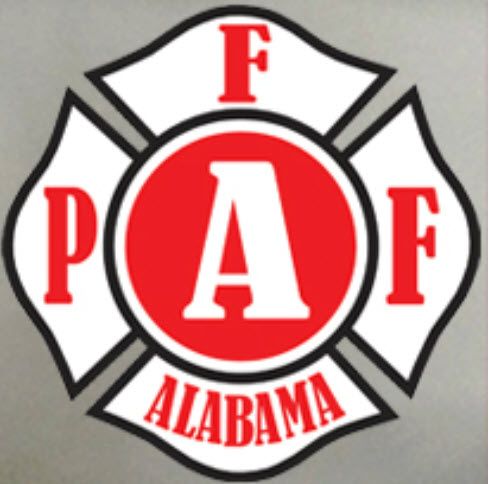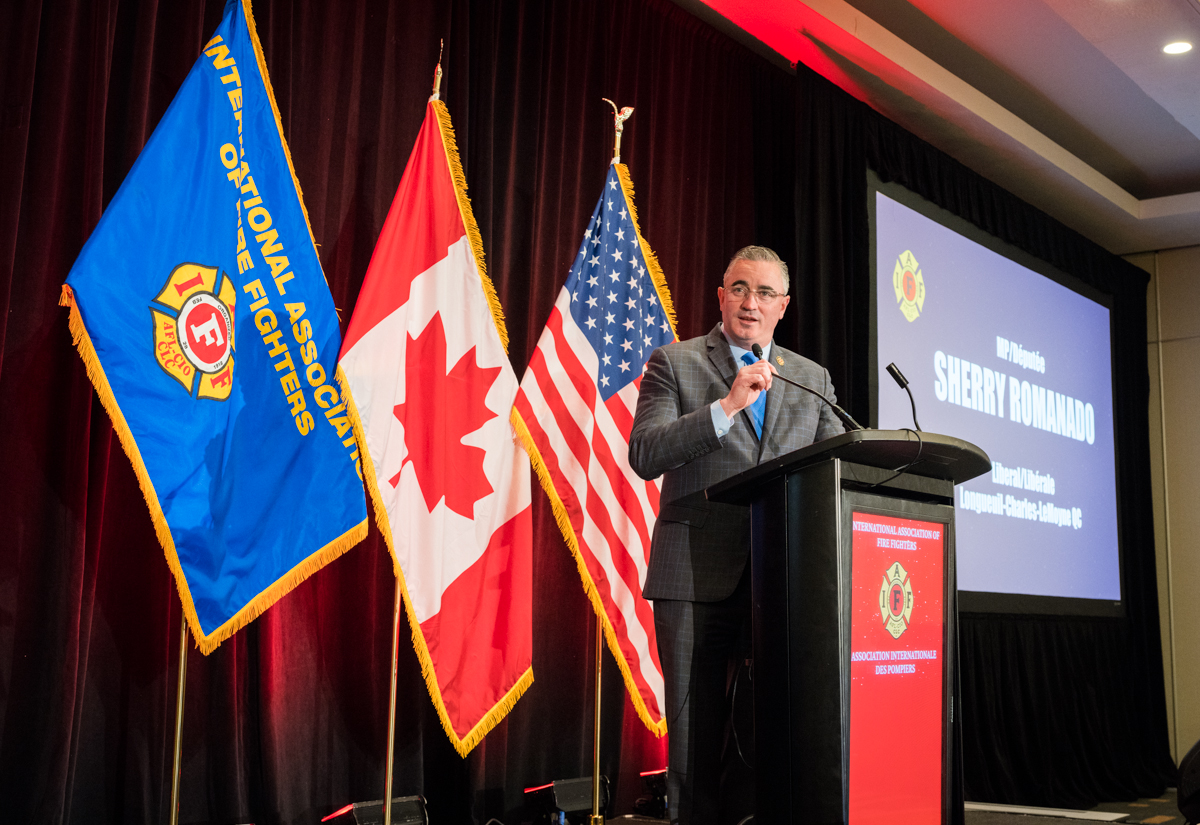After receiving Peer Support Training from the IAFF, two Alabama members – Hoover Local 4035 member Toby Rigsby and Pelham Local 5049 member Jim Terrell – are developing Alabama’s first statewide peer support program for fire fighters.
“We see trauma involving children, violence and death, which can have a cumulative impact on our mental health and well-being,” says Professional Fire Fighters of Alabama (PFFA) President David Harer. “As peer support programs have been shown to be an effective way to deal with behavioral health concerns, I am very proud of the dedication Brothers Rigsby and Terrell have shown in identifying and developing peer support resources.”
Last year, the PFFA hosted an IAFF Peer Support Training session in Birmingham, Alabama. Members from around the state completed the two-day training, including Rigsby and Terrell.
Inspired and with the support of the PFFA and the Alabama Fire College the two decided to work together to create a statewide peer support program. With no official peer support program or network available, municipal and fire department officials would often call the Alabama Fire College to request recommendations for resources, such as counselors.
After a series of traumatic events in the state, including a fatality at the fire training facility and a multiple fatality fire in Scottsboro, the need for an organized peer support system was apparent.
“These serious incidents were a wake-up call for us,” says Alabama Fire College Director Matt Russell. “We know that we need to have resources positioned across the state and ready to dispatch on a moment’s notice. I am pleased to be working with Jim and Toby on this important project.”
“The big advantage of developing a peer support program is fire fighter counselors already know about the challenges we face every day on the job,” says Rigsby. “The challenge in doing it statewide is identifying resources and then centralizing all the information in an easily accessible location.”
Rigsby and Terrell and the Alabama Fire College administration have been working on the program’s infrastructure, including centralizing dispatch and creating a website with program resources and information.
“Even though we are still in the organizing phase, we have been able to start delivering services,” says Terrell, who has delivered peer support services to approximately 100 Alabama fire fighters since June 2019. “To be as effective as we’d like to be, we need to train more fire fighter peers and create more teams.”
More training opportunities and a helpline through the Jefferson County dispatch are in development. Meanwhile, Alabama fire fighters can request peer support assistance through the Alabama Fire College.



